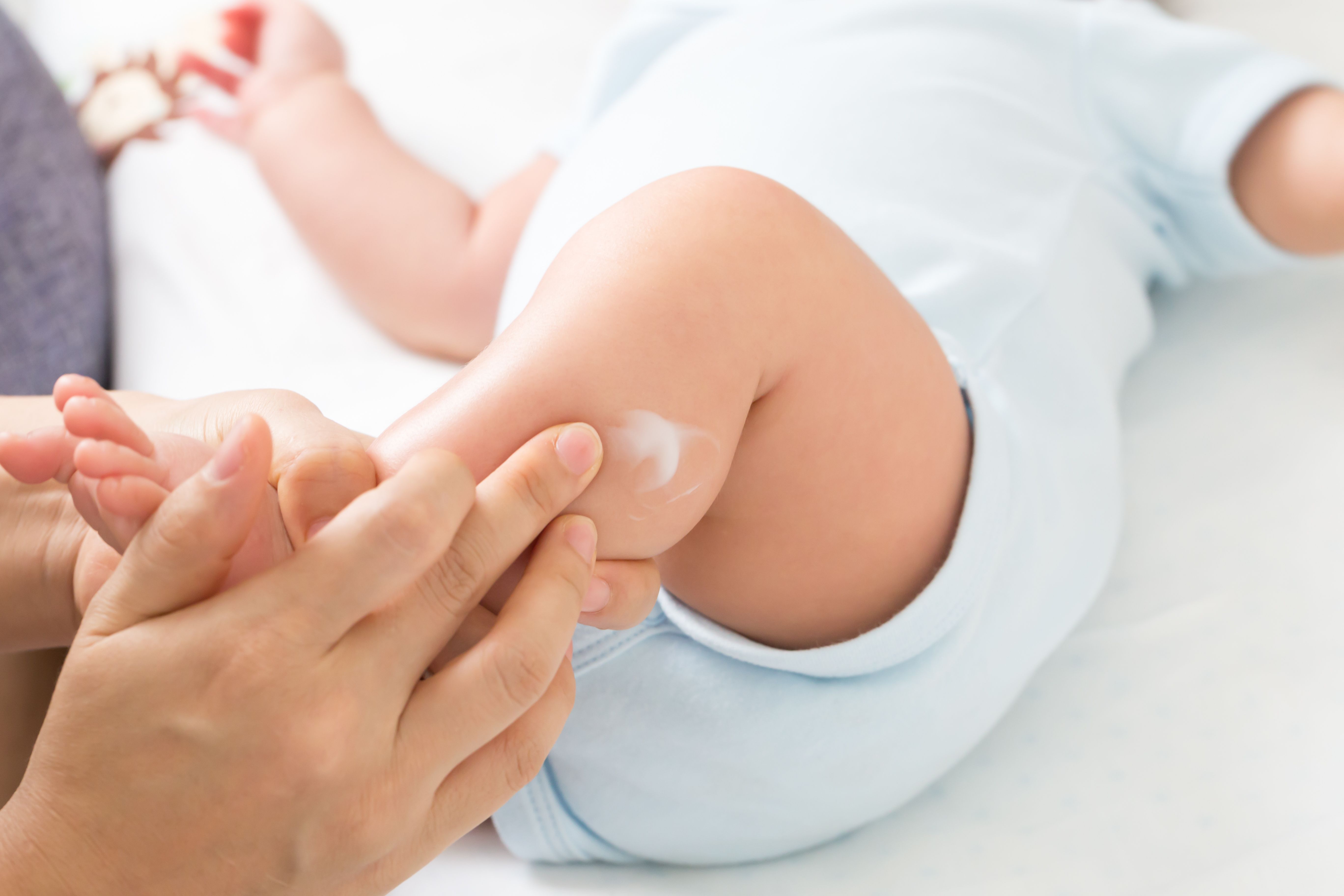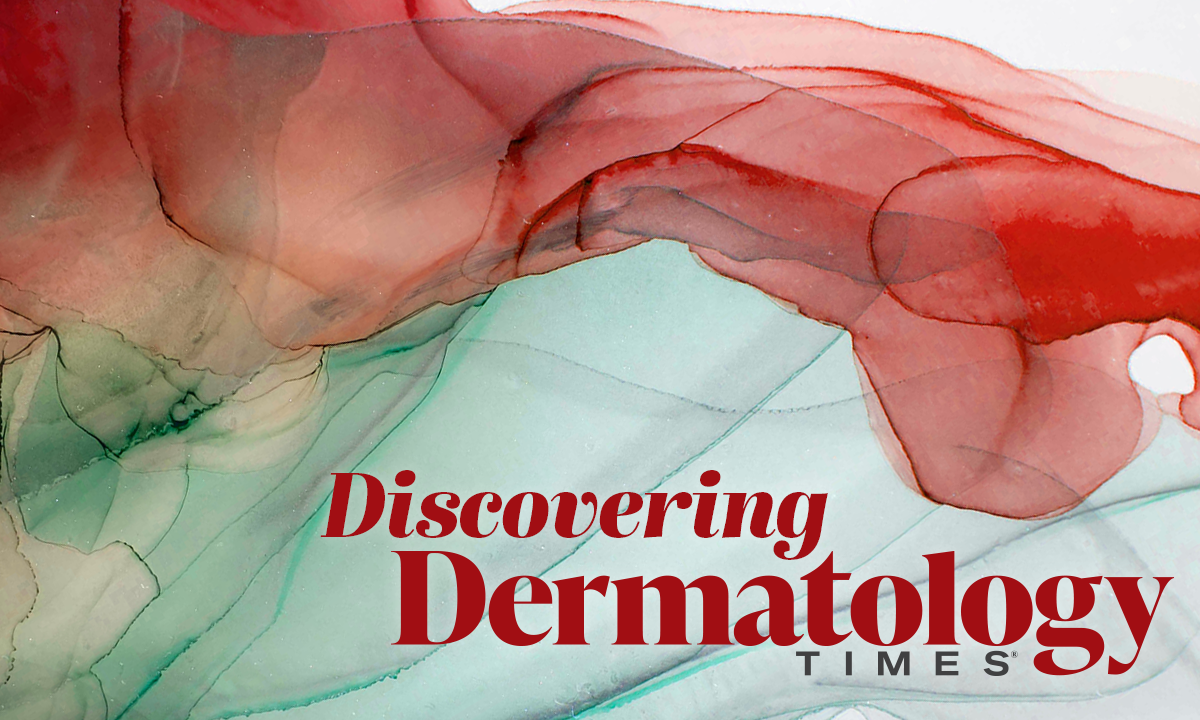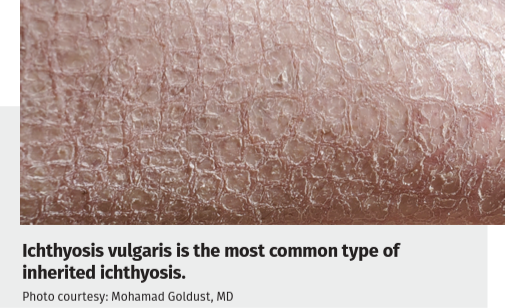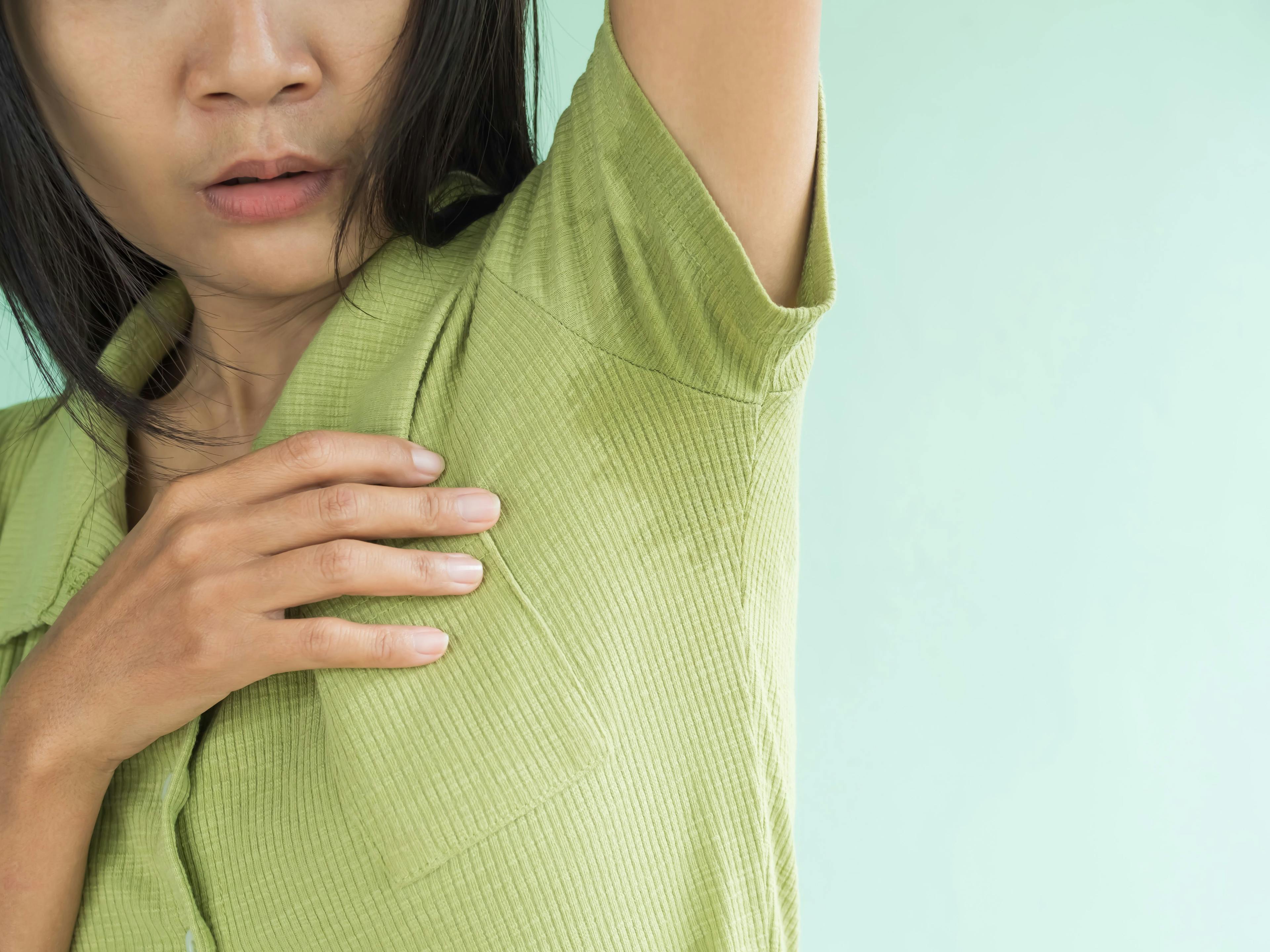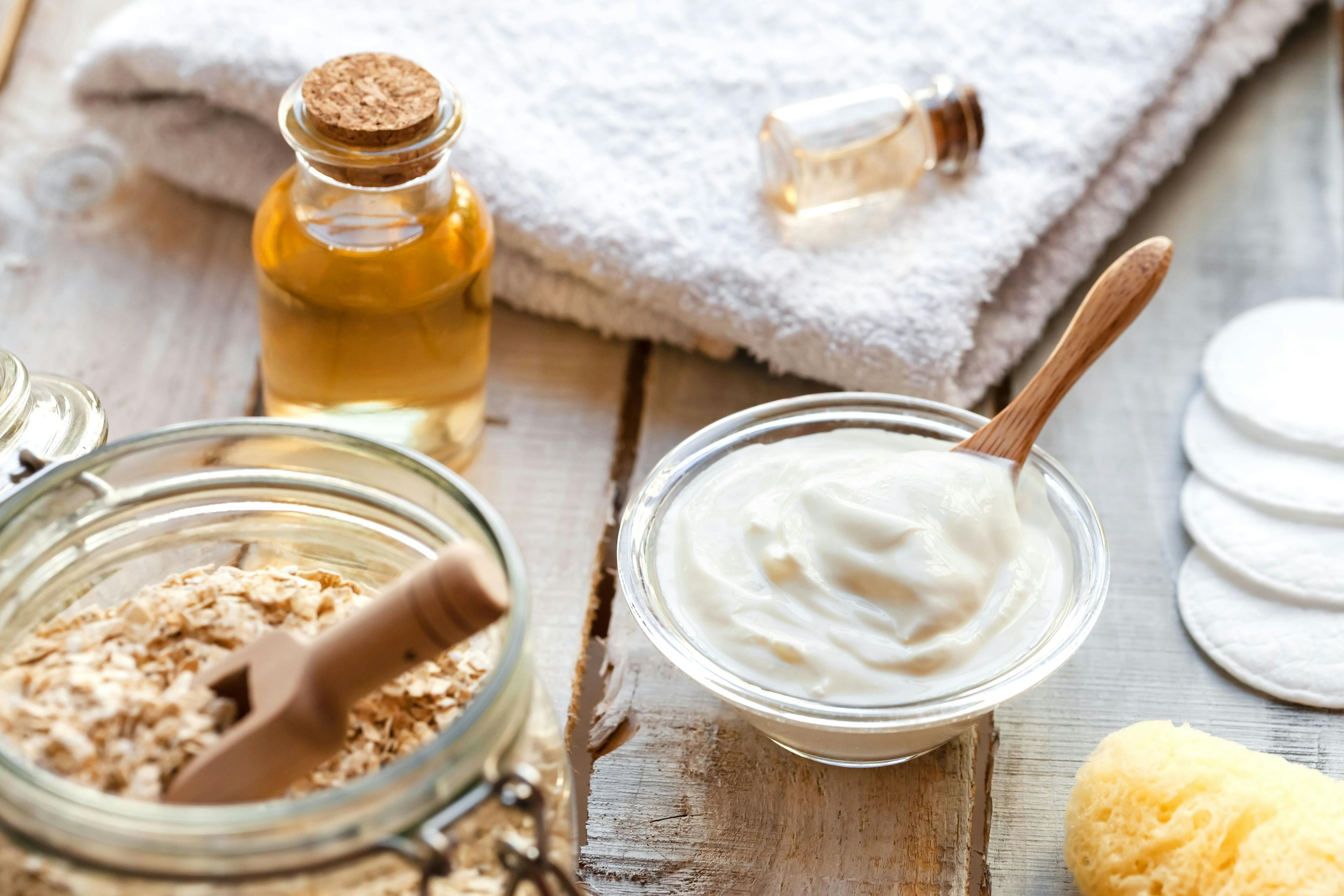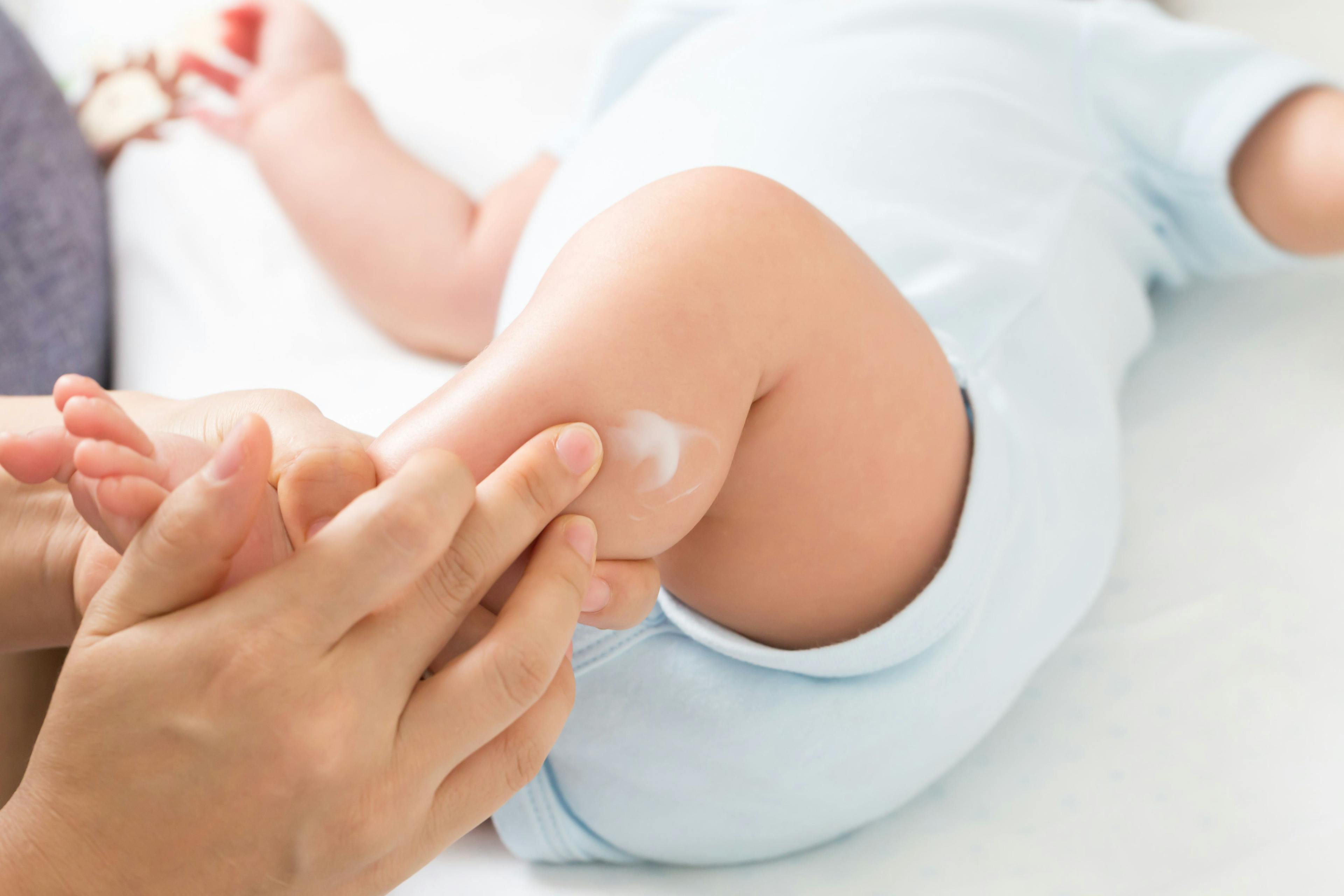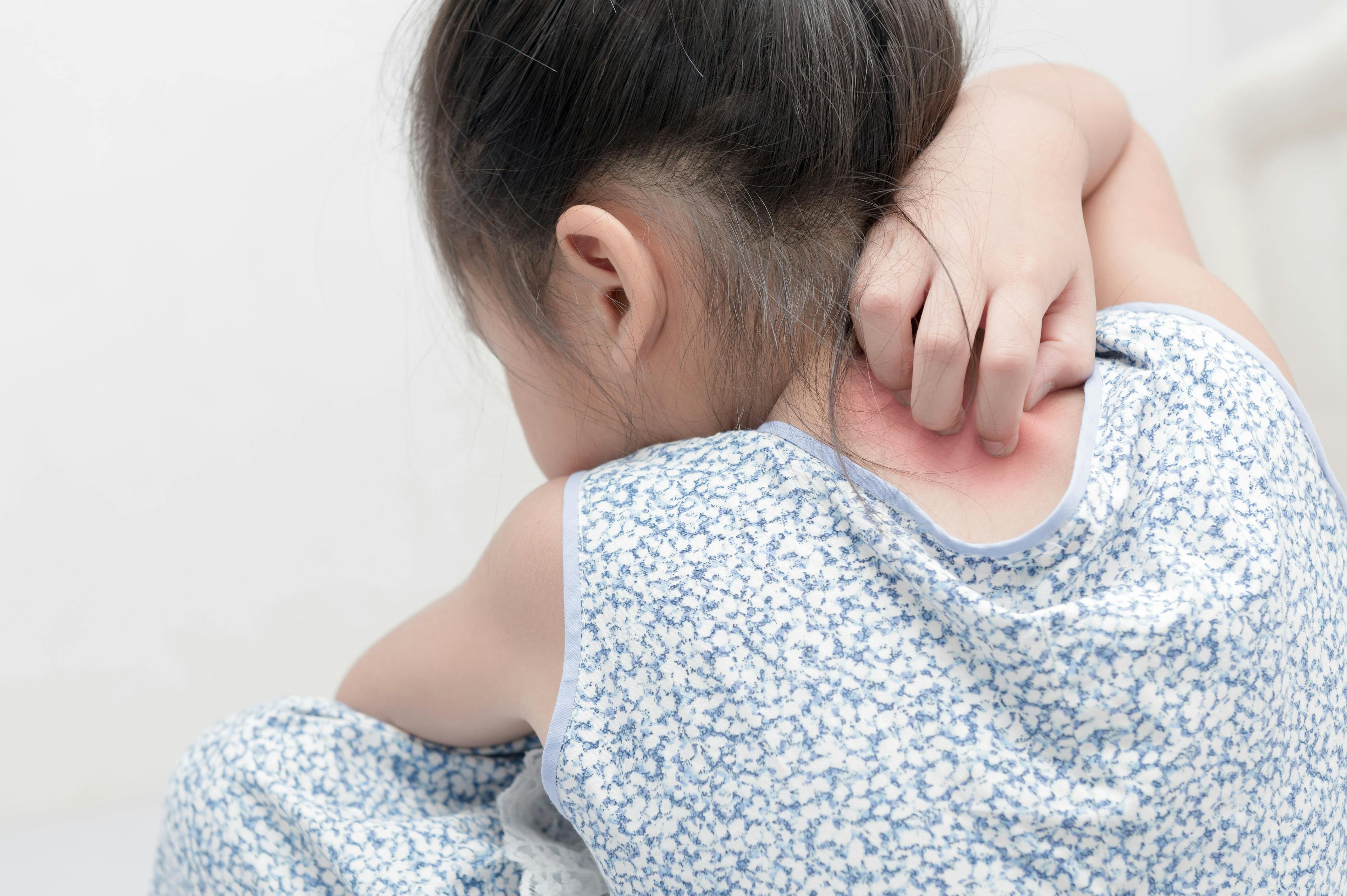- Acne
- Actinic Keratosis
- Aesthetics
- Alopecia
- Atopic Dermatitis
- Buy-and-Bill
- COVID-19
- Case-Based Roundtable
- Chronic Hand Eczema
- Chronic Spontaneous Urticaria
- Drug Watch
- Eczema
- General Dermatology
- Hidradenitis Suppurativa
- Melasma
- NP and PA
- Pediatric Dermatology
- Pigmentary Disorders
- Practice Management
- Precision Medicine and Biologics
- Prurigo Nodularis
- Psoriasis
- Psoriatic Arthritis
- Rare Disease
- Rosacea
- Skin Cancer
- Vitiligo
- Wound Care
Publication
Article
Dermatology Times
Boutique Baby Skin Care
Author(s):
In this month's Cosmetic Conundrums column, Zoe Diana Draelos, MD, discusses safe and effective skin care products for infants.
There are many products made for infants. Because they cannot leave reviews or give clear feedback, it is important to know how to answer patient questions about which products and ingredients are necessary, safe, and effective for their sensitive hair and skin from ascientific standpoint.
Are powders appropriate to use on the skin of infants?
There has been a great deal of controversy lately regarding talcum powder and its cancer-causing potential. Talc is chemically known as hydrated magnesium silicate and is ground into flat, hexagonal platelet-like structures and dusted on the skin. Talc is mined from the earth and purified because it may be contaminated with asbestos and the bacterium Clostridium tetani. It is radiated or heated for sterilization prior to use. Starch-based materials have replaced talc and are typically derived from maize or rice starch. Starch powder is very effective at absorbing moisture in the infant anogenital area. Sometimes the starch is combined with zinc oxide 5% to offer a mild antibacterial effect and prevent diaper rash.
How do diaper creams work and protect the skin?
Diaper creams are applied to clean, washed skin after diaper changes. They are designed to be a protective barrier minimizing skin contact with urine and feces that have been broken down into ammonia by bacteria. Thus, a good diaper cream should be antimicrobial and substantive to the skin, meaning it stays in place and provides a moisture-proof barrier. Many diaper creams contain zinc oxide or benzalkonium chloride as antimicrobials in a thick microcrystalline wax, mineral oil, and petrolatum base representing a water-in-oil emulsion.
What are the advantages of baby wipes?
There are 2 types of baby wipes currently available: aqueous-impregnated wipes and lotion-impregnated wipes. Aqueous-impregnated wipes contain largely water and offer a cleansing and freshening benefit but are hard to preserve. Lotion-impregnated wipes contain an oil-in-water emulsion that emulsifies the diaper soil and leaves behind a moisturizing film. The lotion wipes may offer better cleansing.
The wipes are made from paper or a nonwoven fabric. However, these substrates are ideal for microbial growth, which is an important preservation consideration. The wipes are biodegradable and not considered an environmental hazard. However, some of the plastic wipe-dispensing containers are not biodegradable.
What makes baby shampoo special?
Baby shampoo is designed to be tear free, so it does not sting when it enters the eye. It contains mild surfactants based on cocamidopropyl betaine, which is an amphoteric surfactant with low irritation potential and good foam production. Cocamidopropyl betaine does not hurt when it enters the eye but rather anesthetizes the cornea so it is completely rinsed if it accidentally enters the eye.
Baby shampoo used to be colored yellow, which was its signature color. However, the yellow dye has been recently removed from baby shampoo to make it more natural, and the clear shampoo is now sold in a yellow plastic bottle.
How does a super-absorbent diaper work?
The new super-absorbent diapers are based on a water-absorbing gel. The gel continuously absorbs urine until the diaper ruptures. This phenomenon can be seen when swimming in a gel diaper. The diaper expands and ruptures, releasing the gel interior everywhere. However, the absorbent diaper does not do a good job of absorbing fecal material. A feces-soiled diaper should be changed immediately to prevent skin irritation. The gel is water soluble and does not represent an environmental hazard.
What is the value of a lotion top sheet?
Some of the newer diaper designs contain a lotion top sheet, similar in technology to lotion-impregnated facial tissues. The lotion is an oil-in-water emulsion that is on the top sheet of the diaper. It moisturizes the skin of the infant with movement and reduces friction between the diaper and buttocks. Lotion top sheet diapers are important in children with easily irritated skin, such as those infants with atopic dermatitis tendencies.
Zoe Diana Draelos, MD, is a consulting professor for the department of dermatology at Duke University School of Medicine in Durham, North Carolina. She also leads the research lab at Dermatology Consulting Services in High Point, North Carolina, and serves as the editor in chief of Dermatology Times.
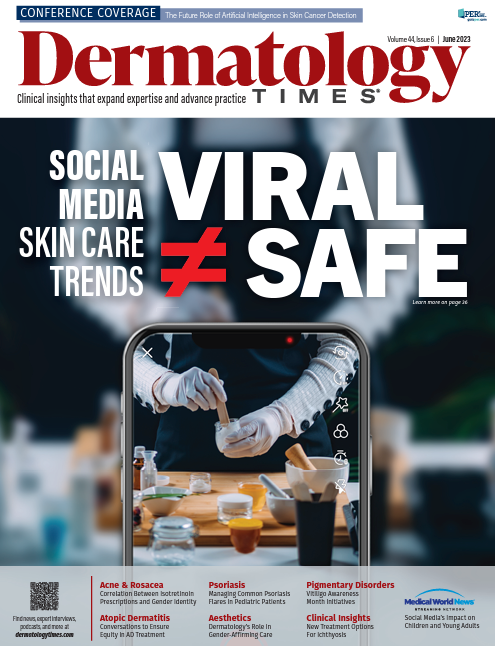
Newsletter
Like what you’re reading? Subscribe to Dermatology Times for weekly updates on therapies, innovations, and real-world practice tips.

